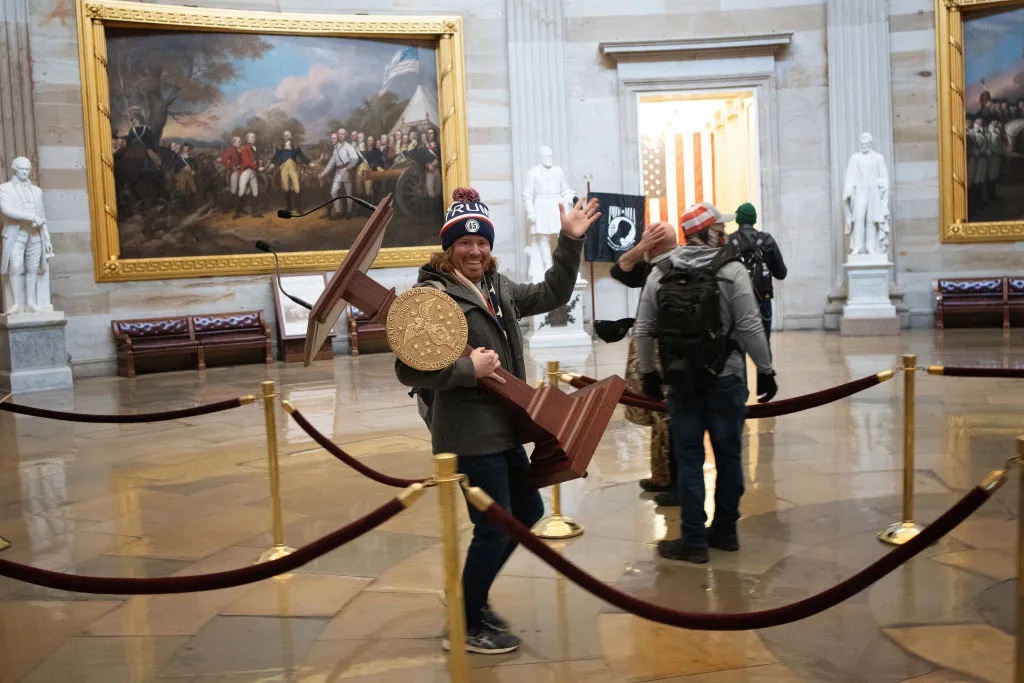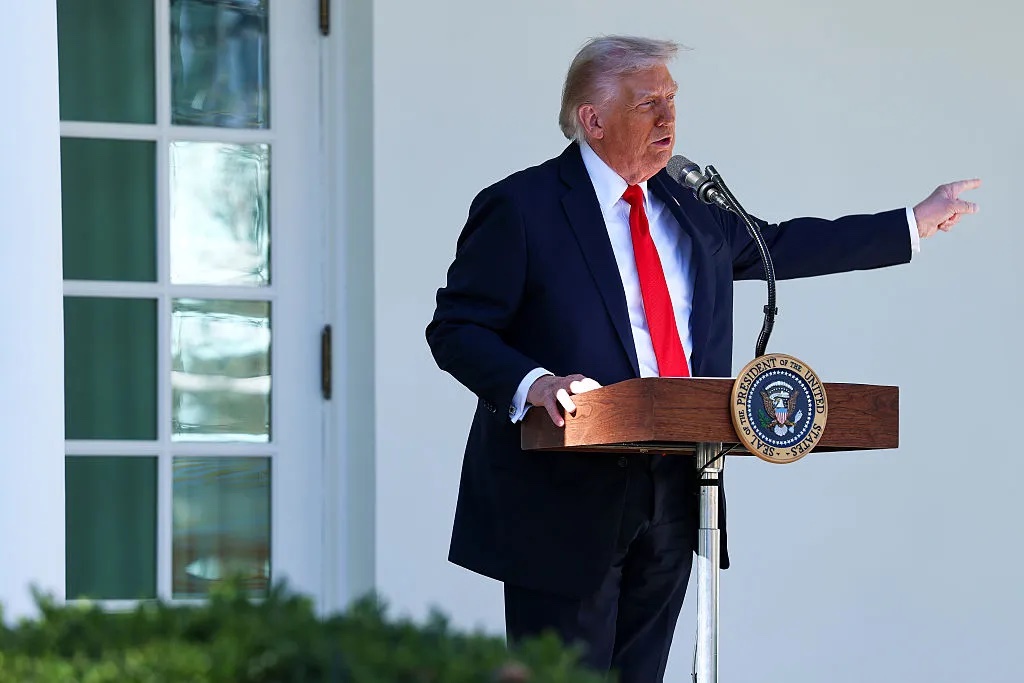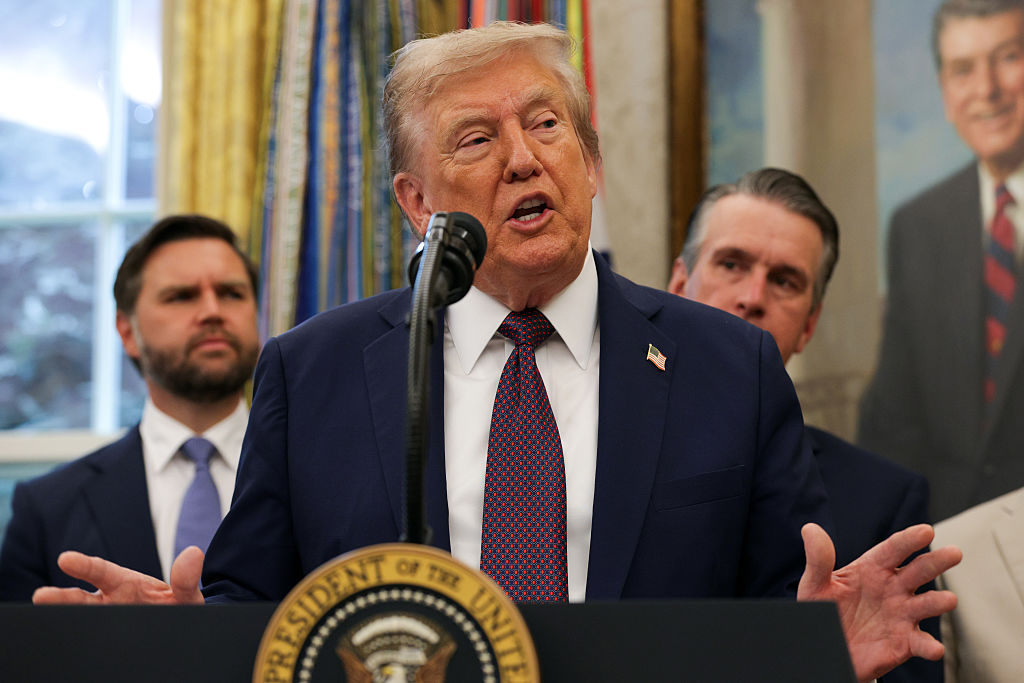The government can take away your liberty for moving furniture, I get that now. When it makes you into a liar, well, that’s a step too far. I’d explained to my five children that dad would be spending the next seventy-one days at an all-male retreat, but when I arrived at Coleman Federal Prison they immediately put me in solitary confinement. The punishment is the process, they say, unless you spend any amount of time in solitary. In that case, the punishment is the punishment.
The guards no doubt wanted me to spend time in quiet reflection before granting me the privilege of engaging in fellowship with my retreat mates, a hodgepodge of petty-crime white-collar types. I had plenty of time over the next seventeen days to think about how I had arrived in sunny Sumterville. The unincorporated township is supposed to serve as an homage to the Revolutionary War general whose name also graced a certain fort made famous during the insurrection before mine.
I spent my weeks in solitary doing my best to reconcile my actions with my prescribed treatment. I might have begun to believe I deserved it were it not for all the laughter from my cellmates and correctional officers when they found out why I was there. Apparently, no one goes to federal prison for misdemeanor trespassing. I suppose I shouldn’t soapbox too much, given that others received much worse than I did. After my solitary confinement initiation, I graduated to the upper westside dormitory, housing 199 of America’s best and brightest. It had its charms. There were a handful of TV rooms designated by melanin level and four lavatories that made me apologetic for ever disparaging the port-a-potties lined up at the country fair on a hot summer afternoon.
I had entered the marble halls while singing the National Anthem and generally meandered about the sacred passageways of Congress. Unfortunately, I had forgotten to bring a Palestinian or Pride flag or maybe a combination of the two — it’s hard to keep up these days — symbols that serve as hall passes when visiting major metropolitan areas.
I have read that current remedies for criminals do little to deter recidivism and are even less effective for the mentally ill. I’m not a criminal in the traditional sense and mentally, I’m pretty sound of mind, give or take a few idiosyncrasies. I can’t sleep with the flat sheet tucked in and I take my watch off when I eat. I’ve lost a lot of watches. Still, given all my tics and transgressions, I wake up most mornings kicking the sheets off my feet and pondering what the point of it all was. I hadn’t been cured, but honestly, how do you cure curiosity, skepticism and cynicism? An idea can be killed, but a belief is incurable. So here I’ve existed, terminally conflicted literally and figuratively.
Despite all the tax dollars thrown at my reconditioning, I still wound up right back where I started, albeit with a lot less money and freedom. Part of my conditional release forbade me to raise funds using my newfound infamy. What it didn’t say was that I couldn’t give the money away. I started crafting miniature lecterns from scraps of lumber and auctioning them off for charity. I got pretty good at woodworking to keep up with demand. This lark satisfied the government’s stipulations while simultaneously circumventing their efforts to suppress my voice. The best part is that 100 percent of the proceeds went to the little guy, the oppressed, the imprisoned. This is how I began to heal.
I’m one of the fortunate ones. Not fortunate like “my father is the president and will pardon me after multiple felonies” fortunate, but more than those still in prison or being tried for charges the Supreme Court has deemed unlawful. They say pardons are coming from the incoming president. That’s a nice thought. However, the pardon is nothing more than a formality and a potential photo op shaking the president’s hand at this point. We will all wear the scarlet letter “I.” Still, maybe on a long enough timeline people will forget the unforgivable. We’ll be just like Susan Lisa Rosenberg, who assisted in the bombing of the Capitol in 1983. Or the four Puerto Rican nationalists that open fired on Congress in 1954 — the beneficiaries of pardons from Bill Clinton and Blessed Jimmy Carter, respectively.
Belief is what got most of us here. Some people believe that some cops are OK to assault and others aren’t. Others believe buildings can be ransacked if you don’t touch any lecterns. There are even those who believe that some lives matter and some don’t. But I believe something different: I believe we can move on. I believe we can heal, but it will take more than a pardon. It requires a written truth canonized in our history books. I may never live to see an accurate retelling of January 6 and God forbid Netflix gets the rights to do it, though the Hollywood liberals couldn’t do much worse than Liz Cheney’s hatchet job.
If pardons do come, families will be reunited; I revel in the thought of it. People remind me I could start profiting from the woodworking hobby. They mean this innocently, for they do not realize that behind Biden’s ruthless lawfare are foreclosures, divorces and incurable loss. The pardon for those Americans is a Band-Aid on a four-year-old wound. Pardon me or not, it makes no difference. I’ll keep right on giving the money away.
This article was originally published in The Spectator’s February 2025 World edition.


























Leave a Reply